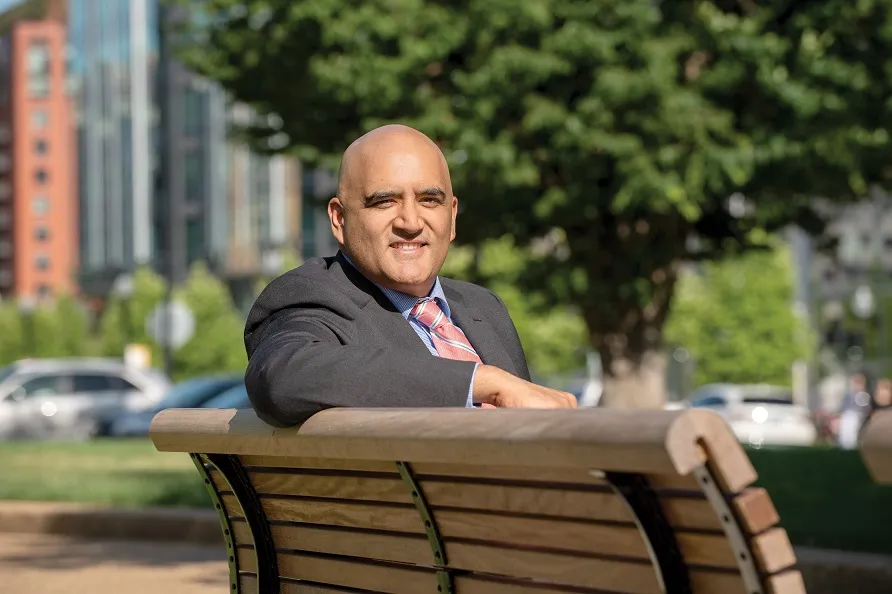
TfL says the charges are being lifted because driving to work is the simplest option for some critical workers – including National Health Service staff - in the current circumstances.
Mayor of London Sadiq Khan has instructed TfL to temporarily suspend the congestion charge, ultra low emission zone and low emission zone to help critical workers get to work and ensure essential deliveries can take place.
“This is not an invitation to take to your cars. To save lives we need the roads clear for ambulances, doctors, nurses and other critical workers,” Khan adds.
Additionally, NHS workers can also use Santander Cycles for free for journeys under 30 minutes. Docking stations near hospitals are being prioritised to ensure there is a regular supply of bikes for medical staff, TfL says.
Paul Cowperthwaite, TfL's general manager of road user charging, says: “Emergency services workers are absolutely fundamental to our response, but supermarket workers, utilities engineers, refuse collectors, and many more, also need to be able to travel to keep the city functioning.”
The UK government is advising people only to travel when it is absolutely necessary and says drivers must consider the wider implications when thinking about using their vehicles. TfL has reduced the number of tube stations open to keep the public transport network running.









